Indian School Muscat launched the Terrarium project, its second new initiative from the Biology department, the first being Hydroponics. The Chief Guest, His Excellency, Shri Indra Mani Pandey, inaugurated the Terrarium project on Saturday, 17th February 2018 in the School's Multipurpose Hall. It includes a year-long curriculum for setting-up and maintaining a terrarium for students to use for experimentation and learning.
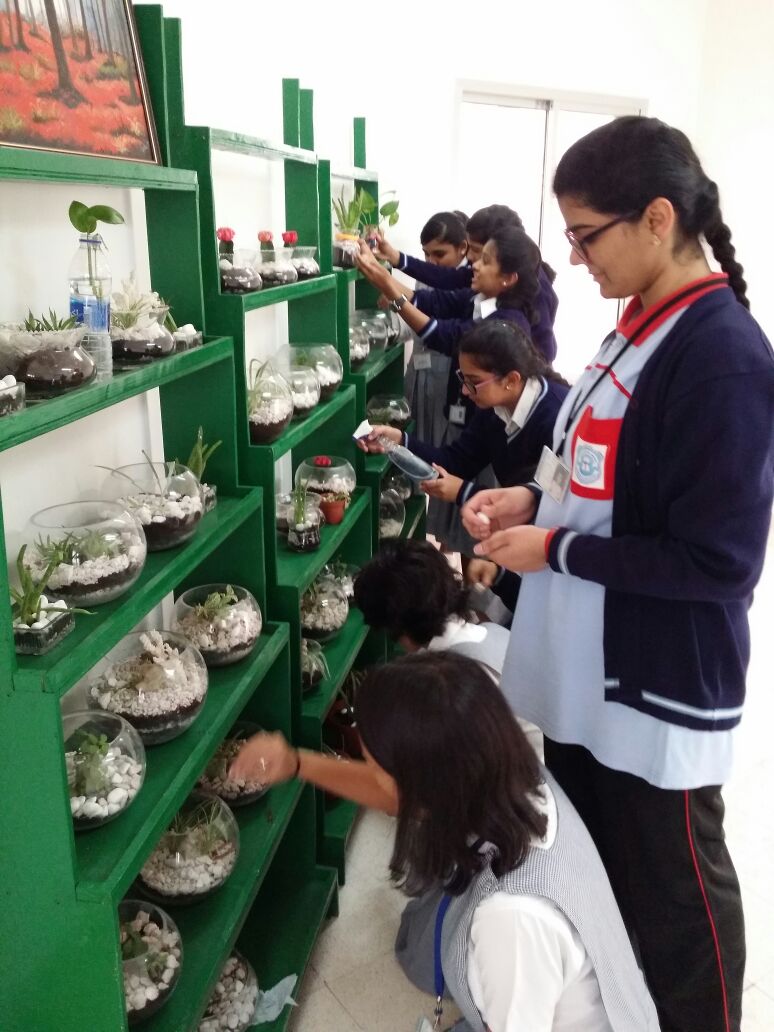
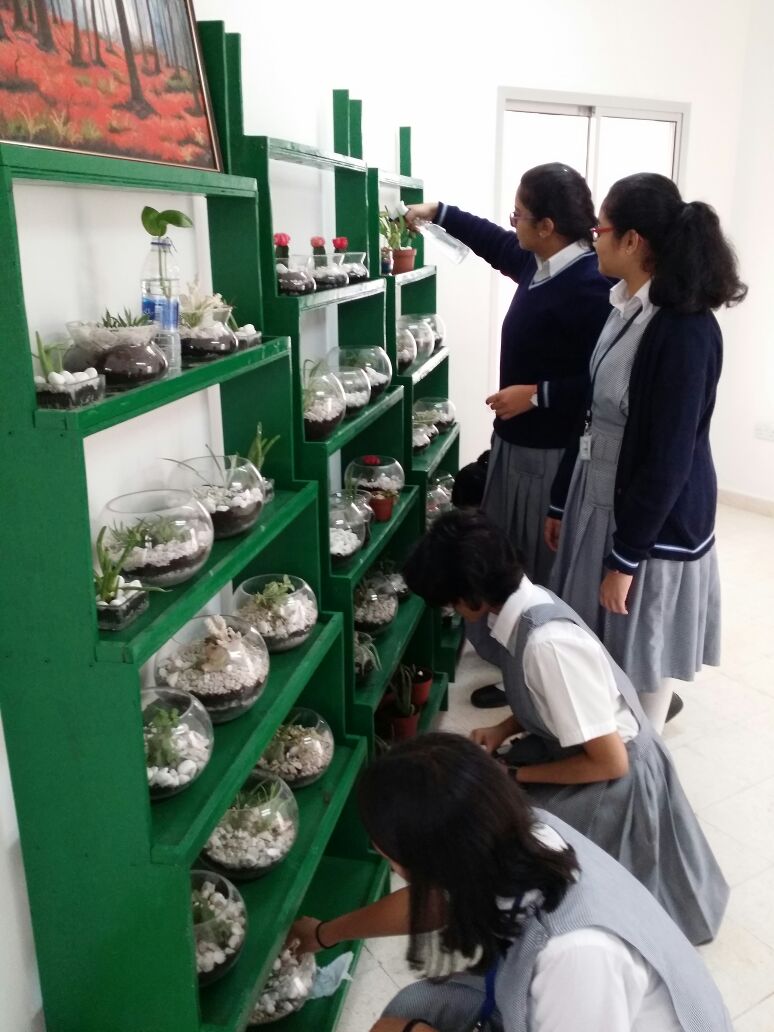
Science, Technology, Engineering, and Mathematics (STEM) education is vital for the future success of students. Integrated STEM education is one way to make learning more connected and relevant for students. Keeping this in mind, Indian school Muscat has launched STEM education this year.
The vivisection of knowledge has a history going back to the dawn of civilization in the division of labour in primitive hunter gatherer communities. It is reasonable to assume that there must have been a time, during the early epochs of evolution of our species when every human adult alive on the planet was a polymath and an encyclopaedia of all that was known in that part of the world. Else he would have imperilled his own survival.
Much later, with the institutionalisation of education, the unscientific division of knowledge earned respectability and these artificial fragments of knowledge acquired a new name – subjects. The exponential growth in the sphere of knowledge made it more and more difficult to be cognizant of all or even most of the various fields of knowledge.
Today knowing more and more about less and less has become a norm rather than an exception and a generation has ended up knowing less and less about more and more. This trend is evident in the irrational system of ‘departments’ even in primary sections in certain schools. Compartmentalisation has become the catch word. We have even invented a euphemism for this idiosyncrasy – specialisation. It has even become fashionable to be a specialist. Thus, we, in our mindless chase of success have ignored the development of integrated knowledge in pupils which is the raison de tour of education. The truth we lost sight of in our rat race for specialisation, whether it is in the field of science, engineering, mathematics or medicine, is the irrefutable interconnectivity in the complex web of existence.
A pebble on the beach has biology in the colony of microbes on its surface, chemistry in its composition, physics in its atomic structure, geography in its smooth surface, cosmology in its ancient origin and perhaps was once a crude tool in the hands of one of our Palaeolithic ancestors smashing an animal bone for its nutritious marrow and thus might have had a shared history with our civilization. No subject is an island. Human knowledge is a vast, encompassing, indivisible ocean which blends and dissolves all our thoughts, dreams, discoveries and inventions.
Having activities that show real-life implication of STEM can pull together the ideas presented in school and help to show how they benefit our society and the world as a whole.
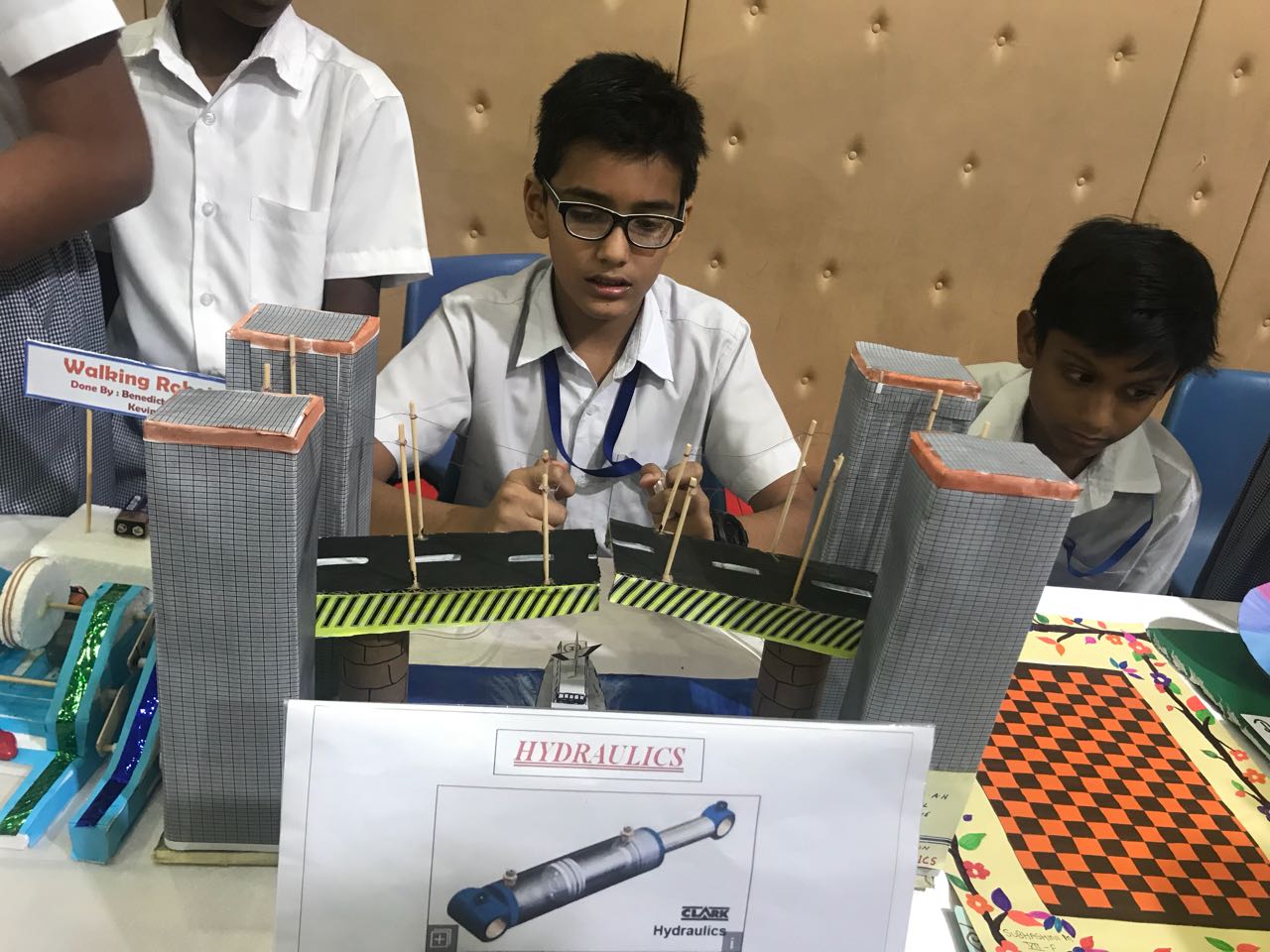 |
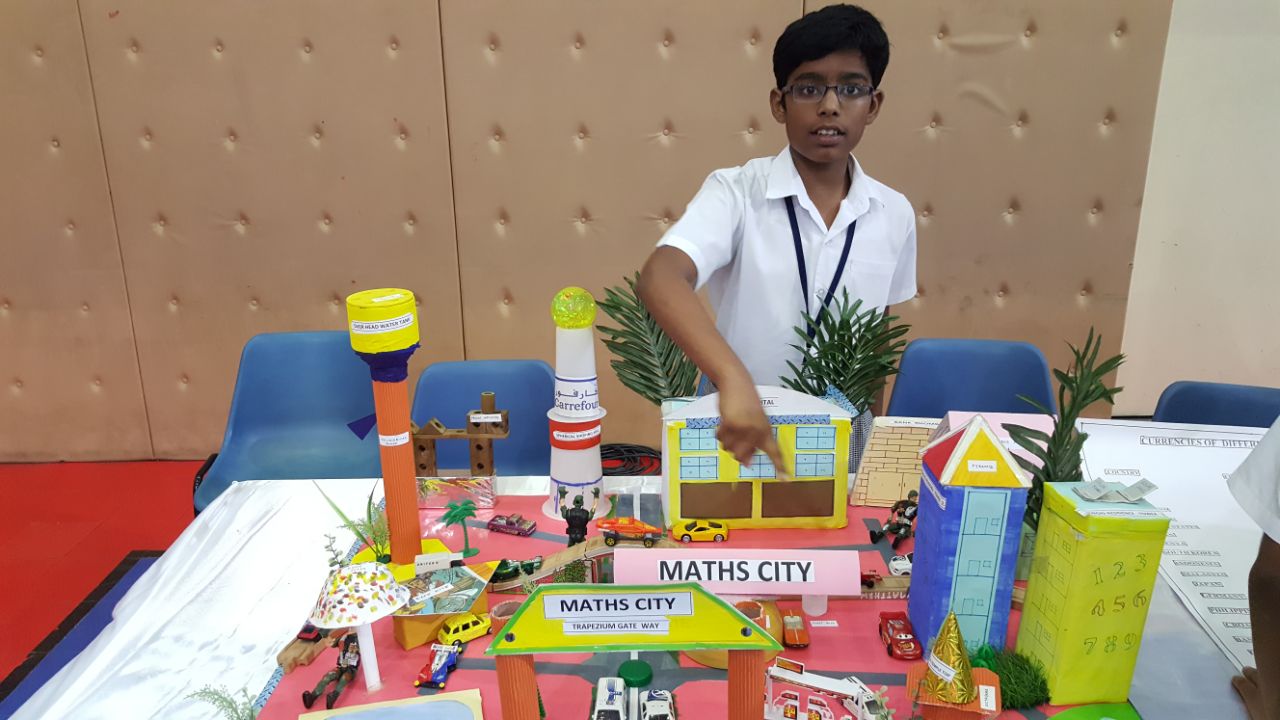 |
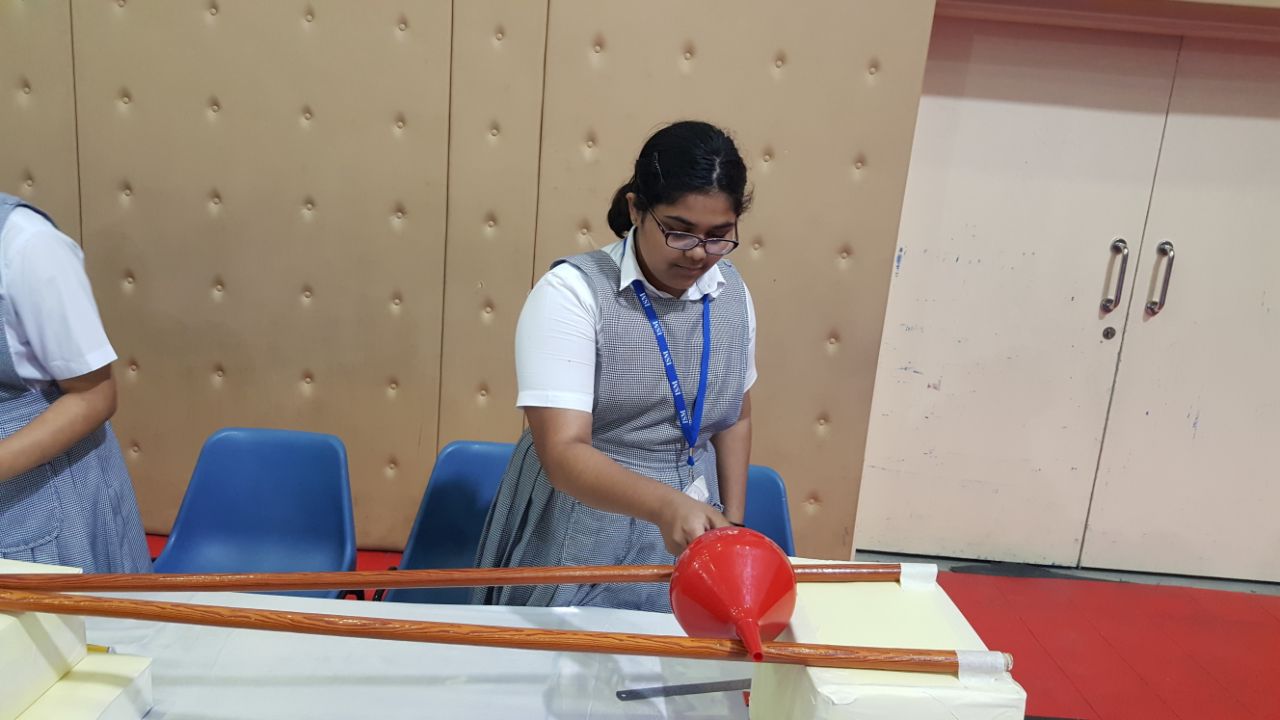 |
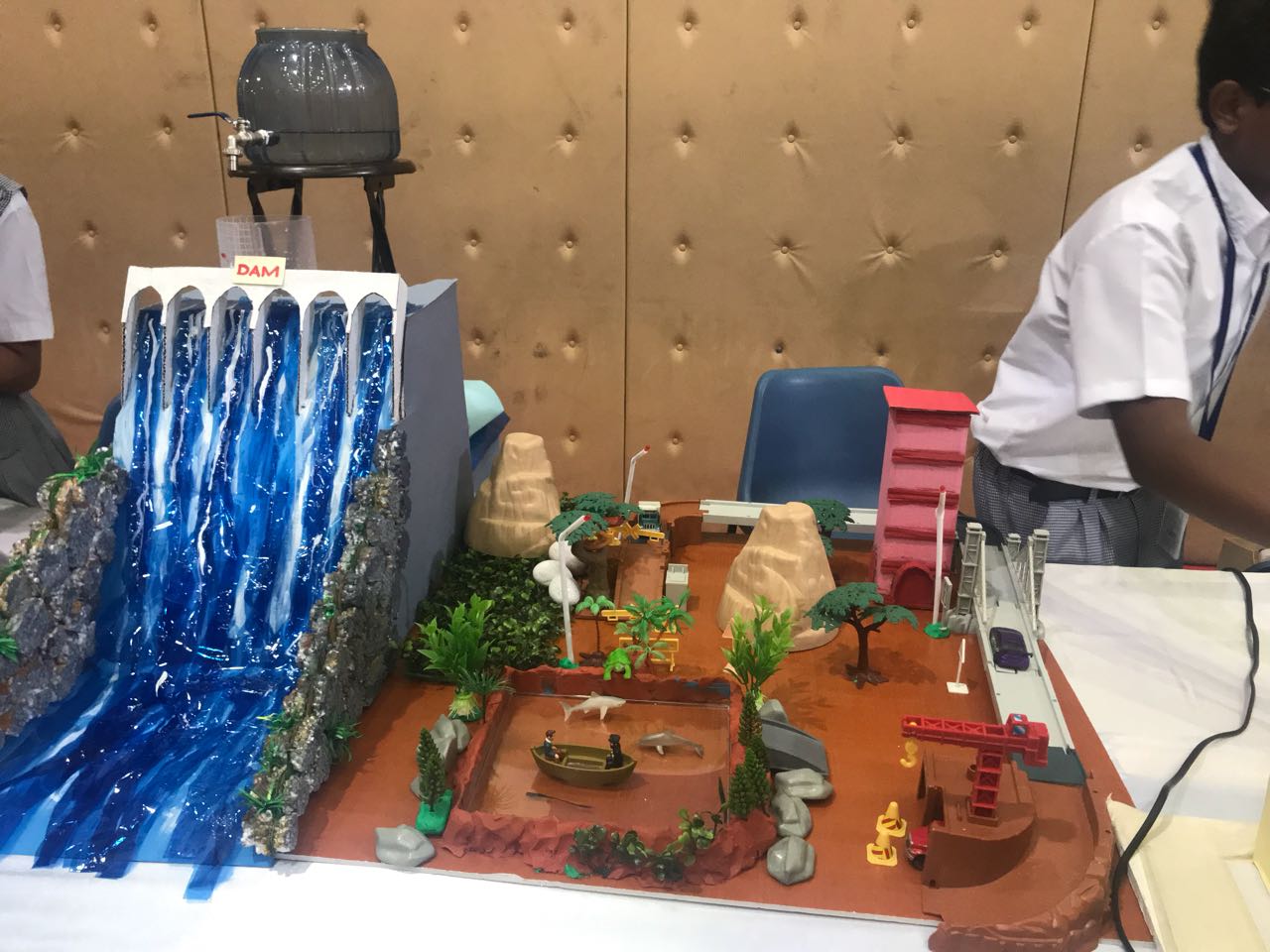 |
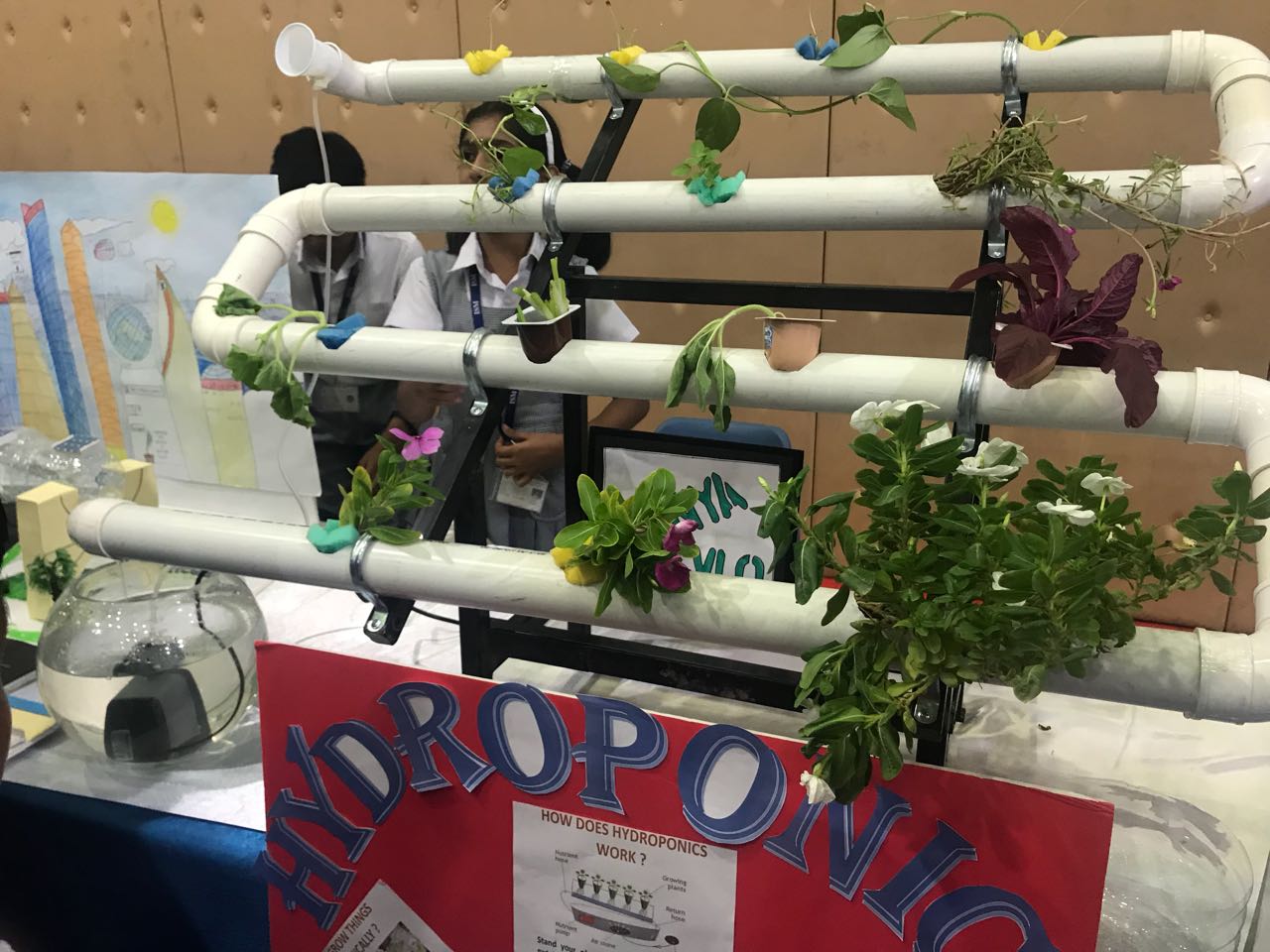 |
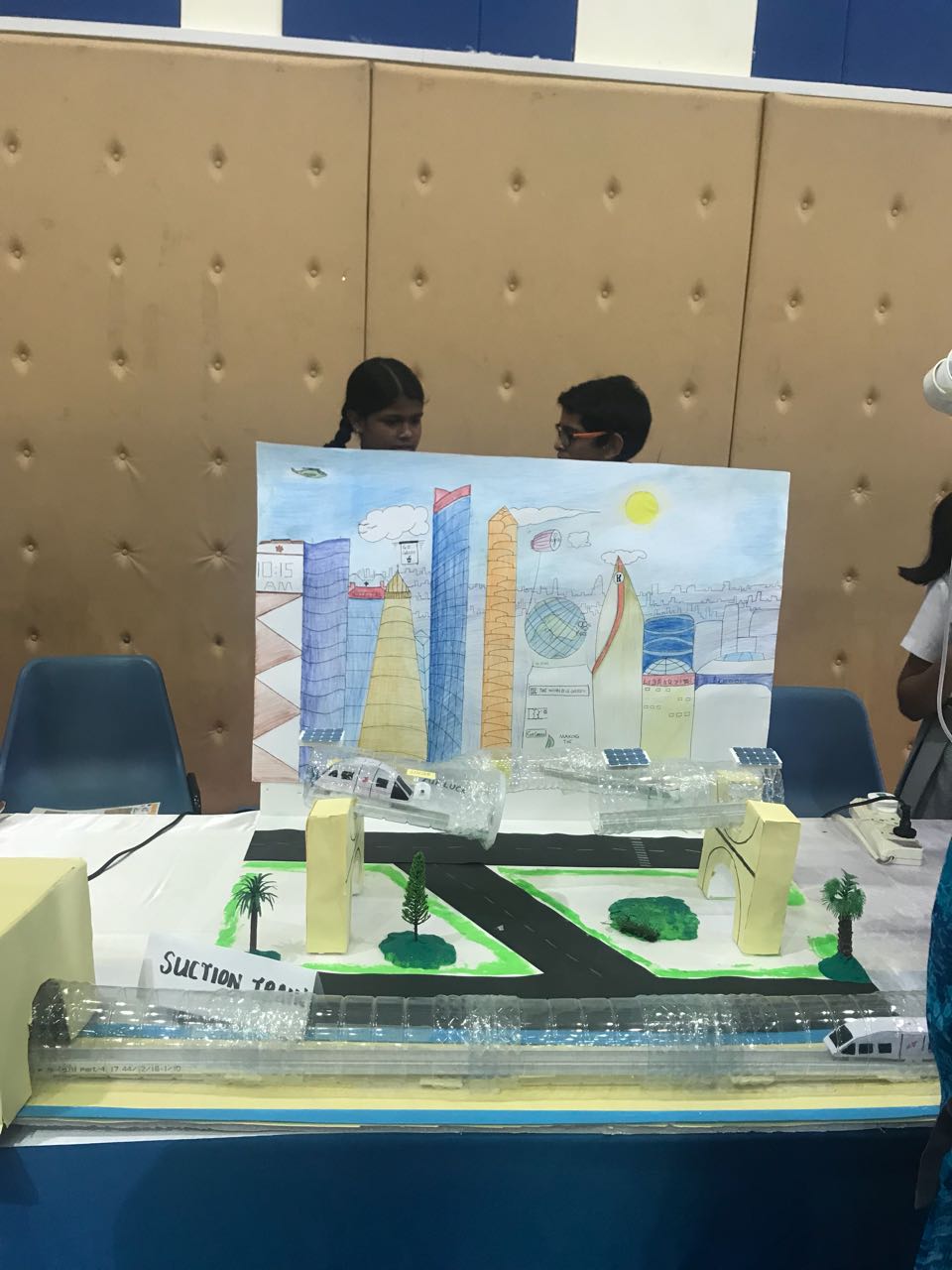 |
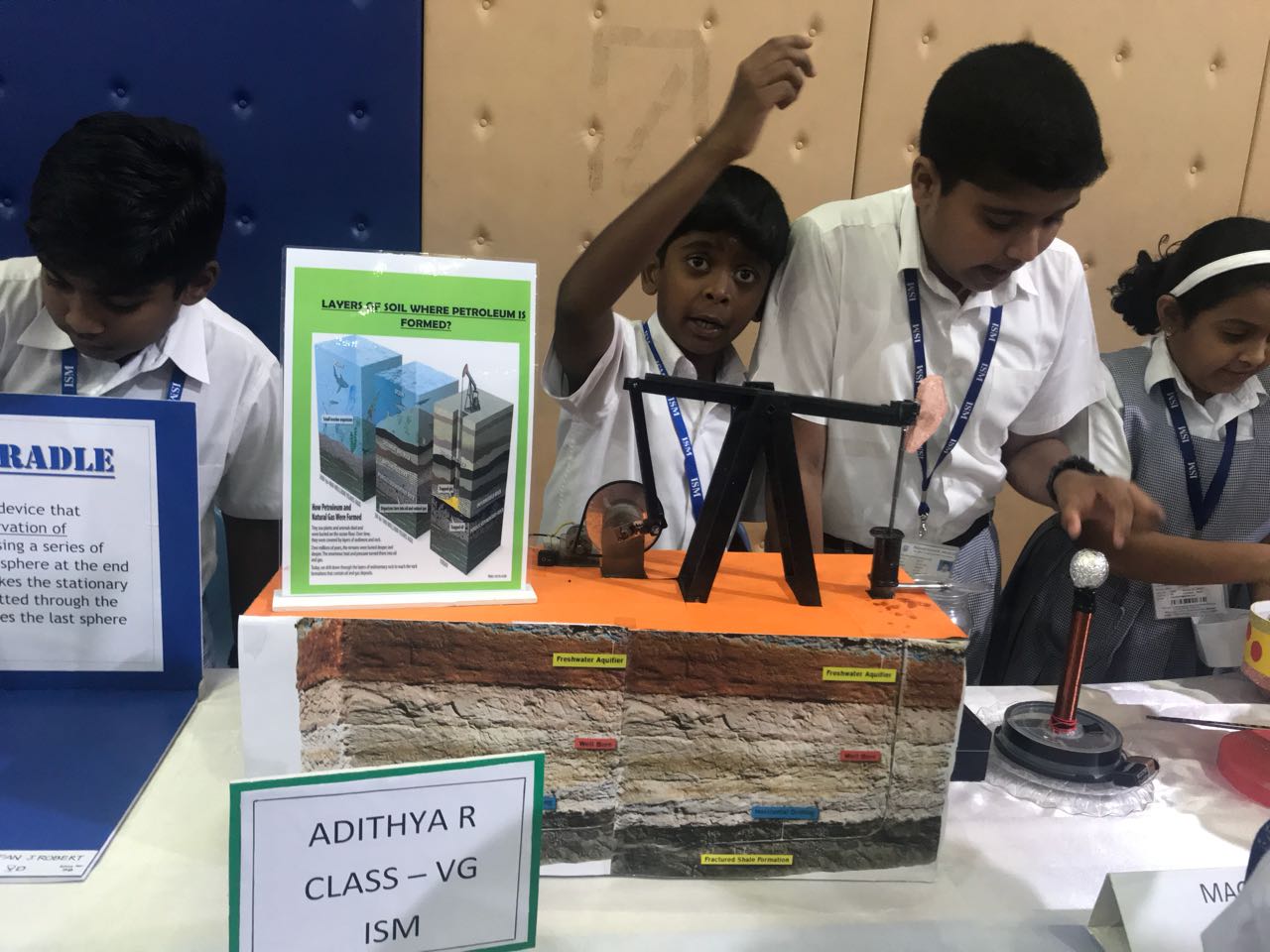 |
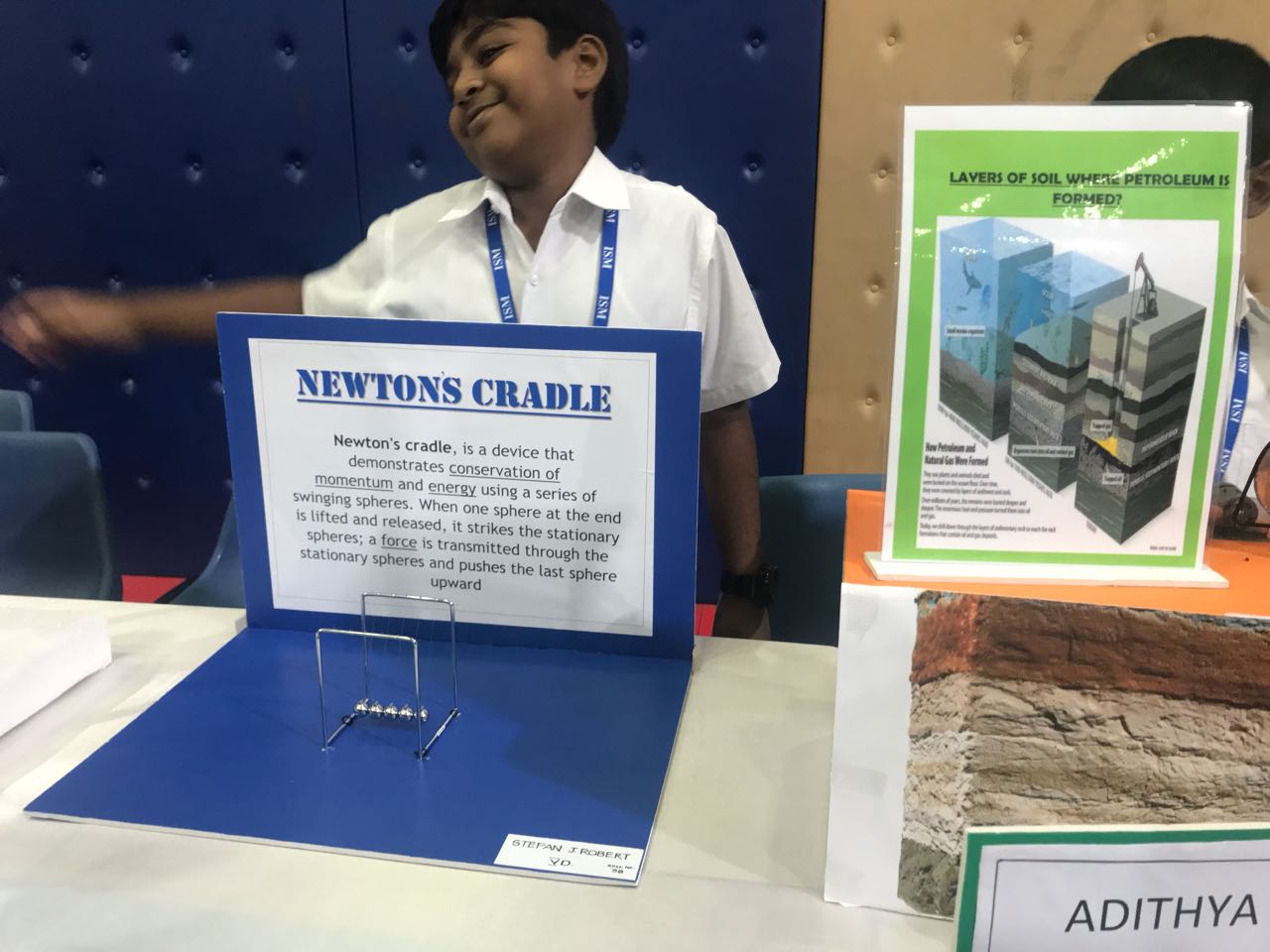 |
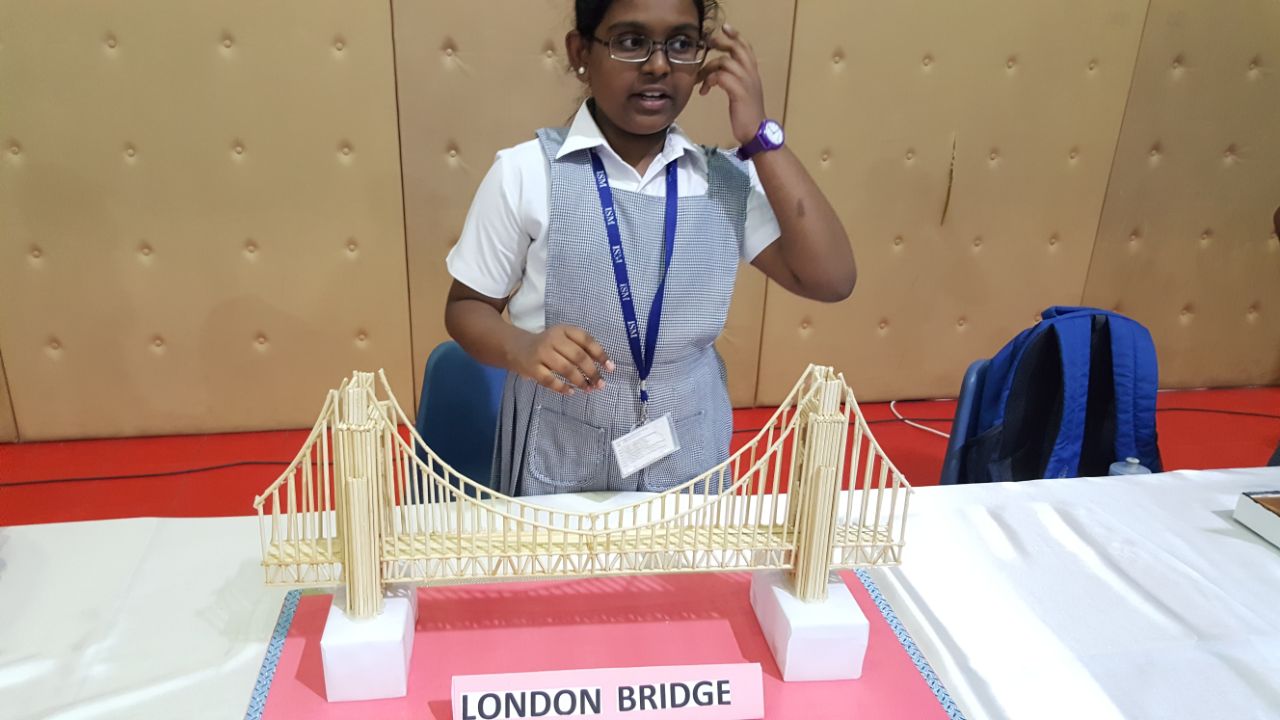 |
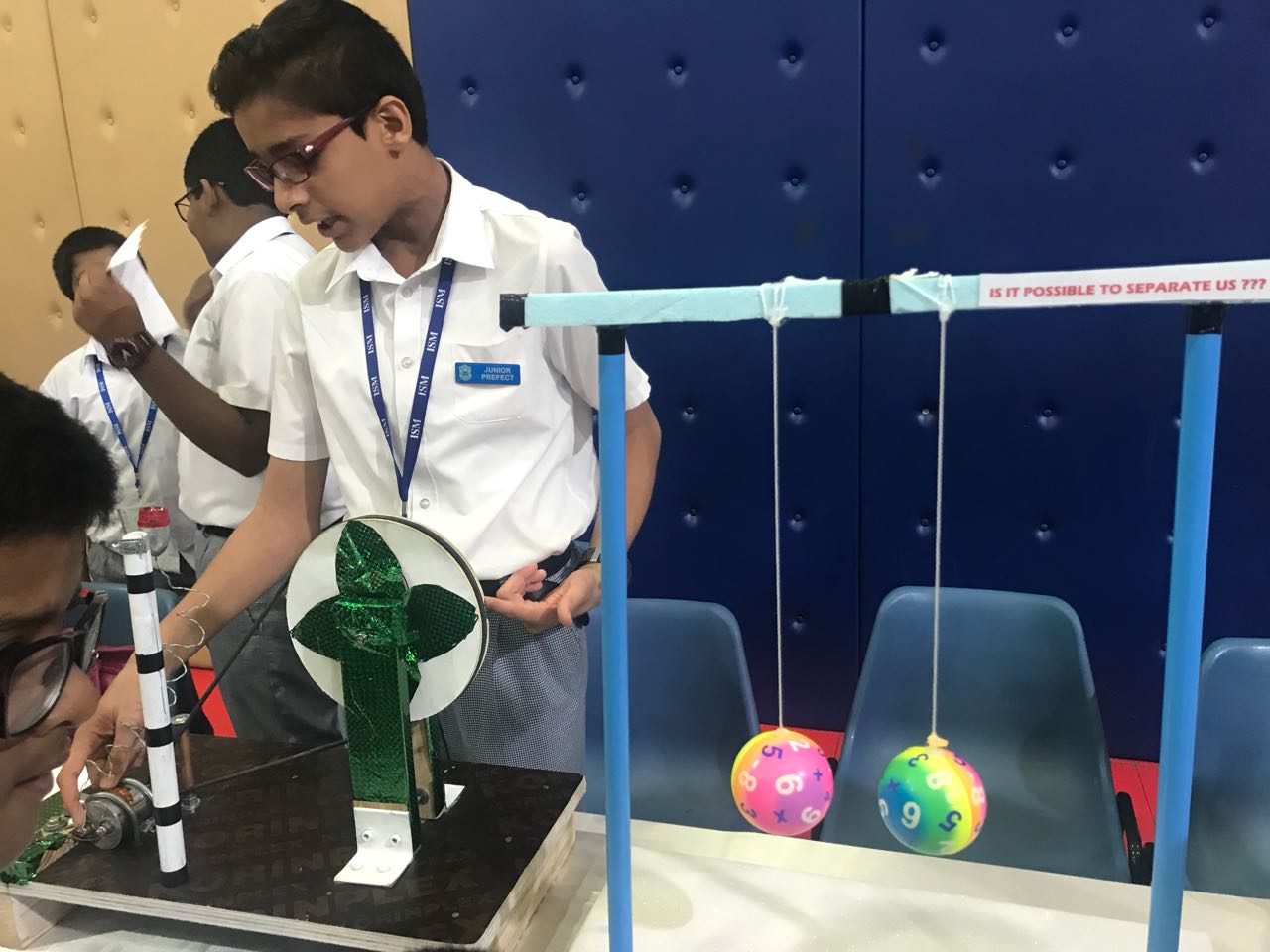 |
Children can see that what they are learning now is pertinent to their future and the future of the whole world, creating an interest while learning new concepts in the classrooms.
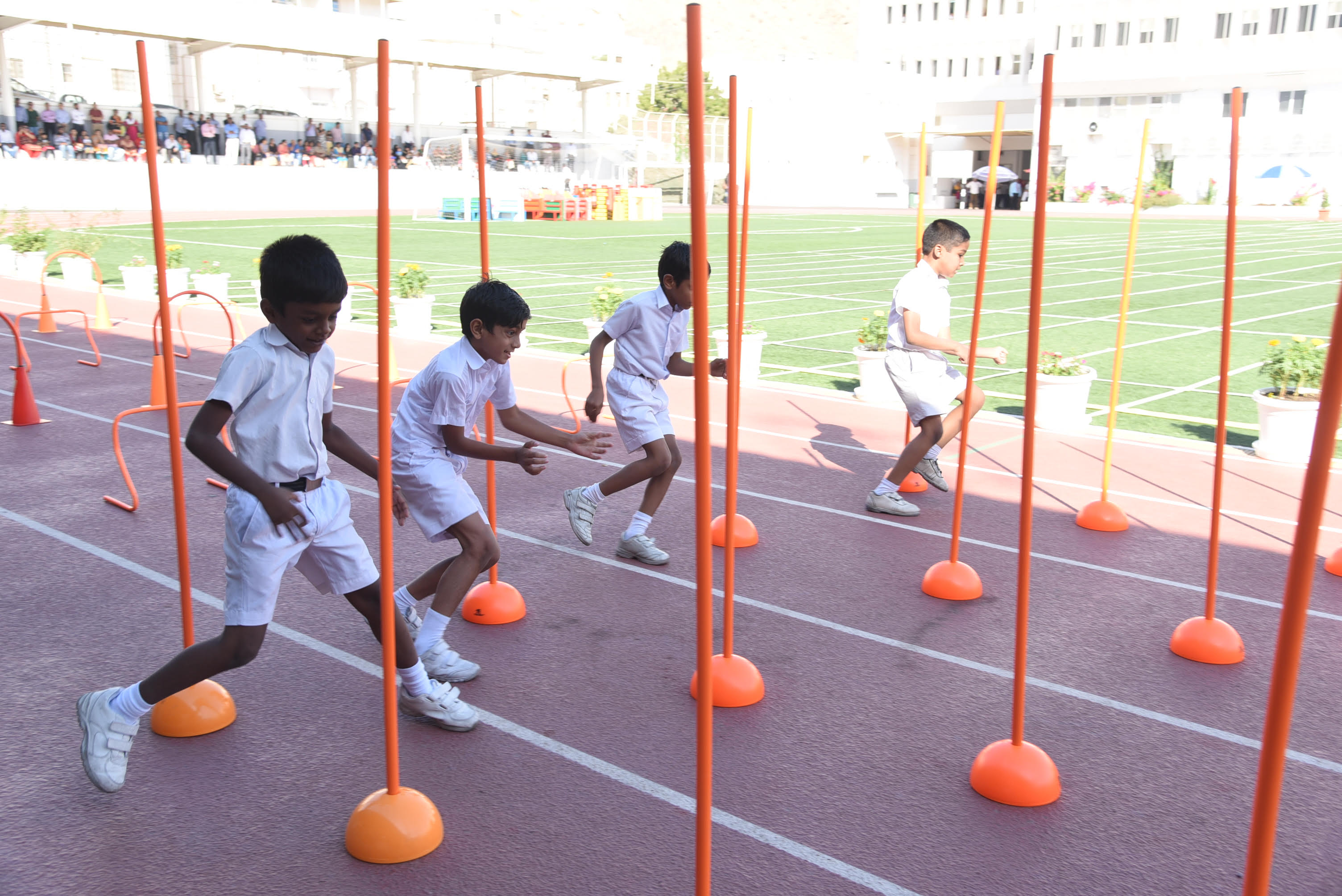
Indian School Muscat (ISM) launched 'ISMKIDSPORT-Sporting Future' on 8th November 2017. 'ISMKIDSPORT- Sporting Future' was launched by the Chief Guest Mr. Vinoba M. P., Chairman, Council of the CBSE Affiliated schools in the Gulf and Principal - Indian School Ibri. The first event was flagged off by the Guest of Honor, Mr. Barakat Al Harthi, Oman's sprinter and representative at Rio Olympics 2016. The launch was presided by Dr. Thashli Thankachen, Convener, School Management Committee (SMC), Mr. Ajaykumar (Chairperson-Academics), Mr. Shameer P. T. K. (Chairperson-Sports), Mr. Shahab Haider Rizvi (Chairperson-Projects), Dr. Sharmela Sondhi (Chairperson-Staff Welfare), Mr. Jignesh (SMC), Mr. Dinesh M.P. (SMC), Dr. Rajeev Kumar Chauhan (Principal-ISM), Mr. Saji S. Nair (Senior Vice-Principal: Admin), Mr. Deep Wilson (Advisor to Principal), Vice-Principals and Asst.Vice-Principals.
'ISMKIDSPORT - Sporting Future' follows a unique responsive curriculum, based on the participation and progress made by the child. It integrates athletics and transitional games thereby improving cognitive, physical, psychomotor and affective development. Professionally trained Physical Education teachers of the school are implementing the program. Optimum equipments are made available for active engagement of children during sessions all round the year. The child's progress is tracked as per set assessment metrics in the curriculum.
Children learn through movements which teach them self-expression, advanced motor skills and mental alertness. Movements for children will improve through learning opportunities, diligent practice and guidance during practice. 'ISMKIDSPORT - Sporting Future' will enable students to develop a healthy mind within a healthy body consequently improving the competitive spirit of students with their peers and enhance overall personality development.
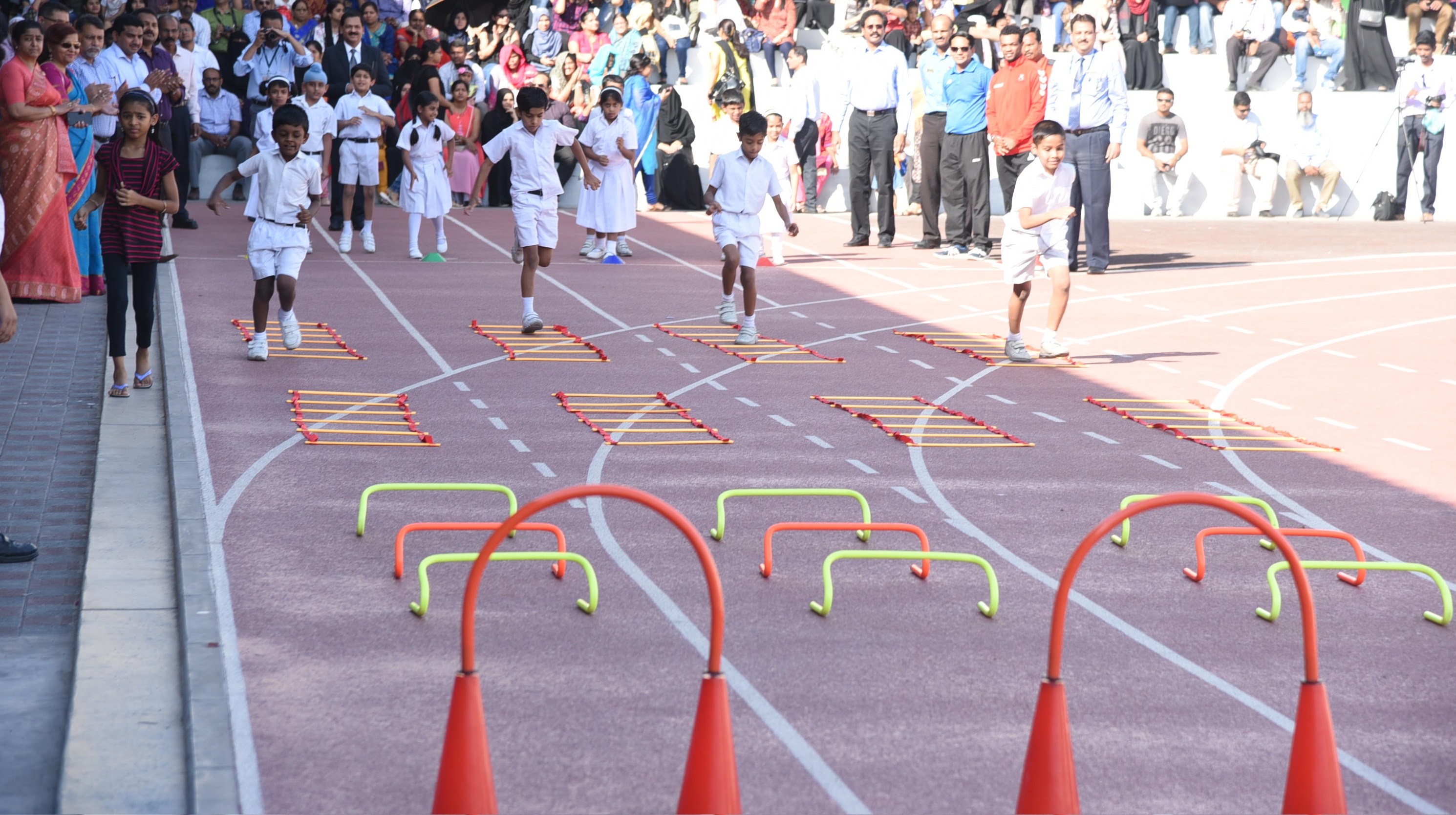 Approximately 250 entries were received for suggesting a unique name for the newly launched Education in Sports. The entry submitted by Mr. Aklary Sajindran, HoD (French - Middle and Senior Section) was chosen by the selection panel. He was rewarded with cash prize by Mr. Vinoba M. P. and a gift by Mr. Barakat Al Harthi.
Approximately 250 entries were received for suggesting a unique name for the newly launched Education in Sports. The entry submitted by Mr. Aklary Sajindran, HoD (French - Middle and Senior Section) was chosen by the selection panel. He was rewarded with cash prize by Mr. Vinoba M. P. and a gift by Mr. Barakat Al Harthi.